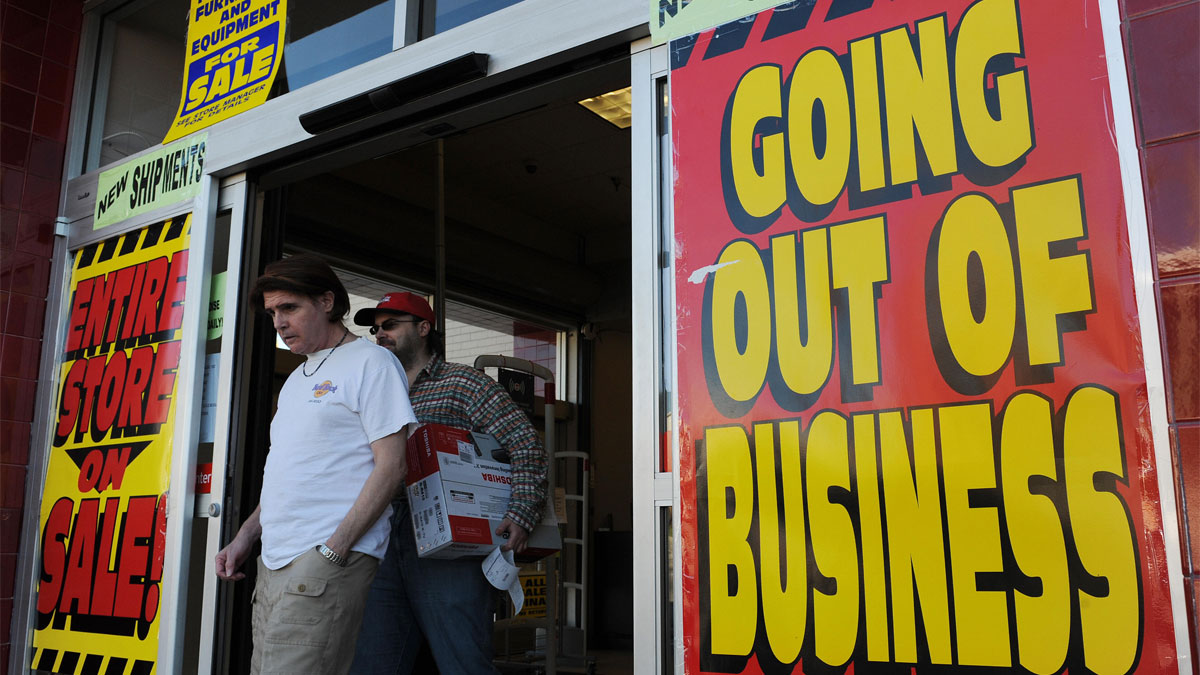Gift Card Limbo: The Vanishing Value When Businesses Shut Down

Retail Closures Hit San Diego: What Consumers Need to Know About Refunds
Recent business shutdowns have left many San Diego residents wondering about their consumer rights and potential financial recourse. From local retailers to a popular boxing gym, several establishments have unexpectedly closed their doors, raising important questions about refunds and customer protection.
When a business suddenly closes, consumers often feel frustrated and financially vulnerable. Understanding your options is crucial in these situations. Depending on the type of service or product you've purchased, you may be eligible for different refund strategies.
For retail purchases, contact your credit card company immediately if the business is no longer operational. Many credit card providers offer chargeback protections that can help you recover funds for undelivered goods or services. For gym memberships and prepaid services, check if you have any outstanding credits or can negotiate partial refunds through the business's parent company or legal representatives.
While navigating these closures can be challenging, staying informed and acting quickly can help minimize your financial losses. Always keep receipts, membership contracts, and communication records to support potential refund claims.
